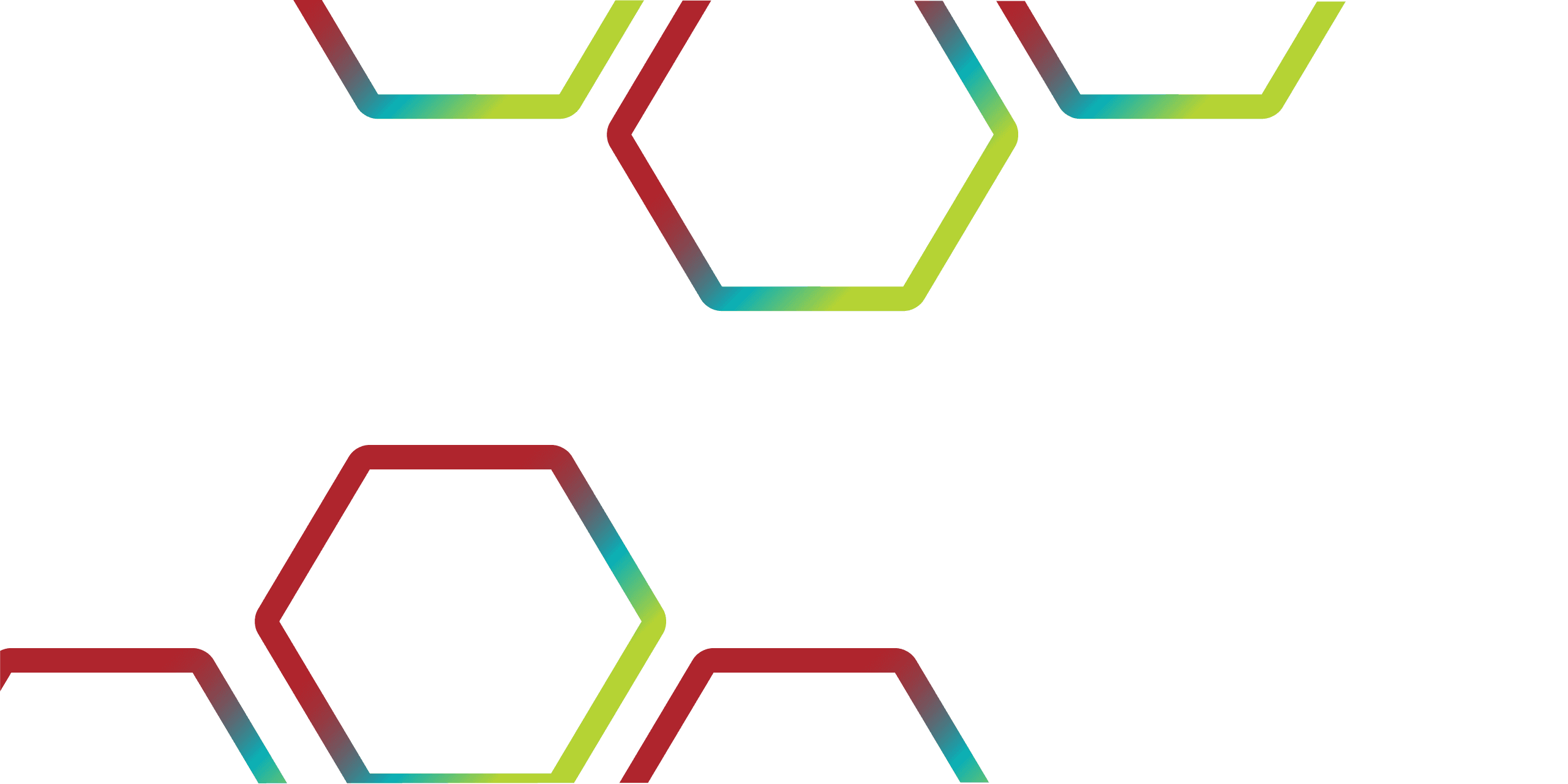Presentation Summary
In the rapidly evolving digital learning landscape of higher education, it is crucial for libraries to offer inclusive, data-driven services that ensure equitable access for all students. Macquarie University Library, using technology to gather insights, has proactively reimagined its services over recent years to support diverse student needs. The Australian Universities Accord will potentially drive a more diverse student demographic. Our approach, grounded in iterative user experience (UX) research and evidence-based decision-making with Students as Partners, integrates client feedback and human-centred design principles informed through technology driven insights. This has led to the development of innovative services such as enhanced support for digital learning with a realigned PC fleet, self-service kiosks, up-to-date loanable devices, and, through collaboration with Student Wellbeing, prioritising quiet study rooms for students with accessibility needs. Conversely, by retiring superseded resources such as curriculum embedded virtual reality spaces and free 3D printing, we can redirect resourcing services more aligned to client needs and support for fostering inclusive educational opportunities for all students.
We have enhanced our observational work, data gathering systems and human centred design, working with students on designing online services, introducing FAQs with student ranking and implementing RefAnalytics, surveys, curriculum embedded work readiness programs (PACE), and other feedback gathering channels to capture input from a diverse student body. This ensures that our services address the unique needs of underrepresented groups, particularly those facing technological or socio-economic challenges with a model that focuses on both physical and digital resource access, with a particular emphasis on breaking down barriers for disadvantaged student populations.
By aligning our services with the principles of inclusivity, Macquarie University Library is people focused and supports the University’s MQ Advantage Education Strategy and goals of enhancing student success, fostering wellbeing, and creating empowering learning environments. This initiative reflects the Winds of Change theme for THETA 2025, demonstrating how libraries can play a transformative role in the student experience amid rapid technological advancements.
Meet the Speakers
David Di Muro
Team Leader, Information Services, Macquarie University
D.A. Di Muro (David) has over two decades of experience in library services, education & research support, and information technology within Australian higher education. His career has been shaped by a deep commitment to enhancing the student and staff experience, fostering collaboration, belonging and driving people-focused service improvements through technology. David’s journey has been defined by his focus on listening, learning, and working alongside diverse teams to implement positive changes.
He has shared his insights through various conference presentations, including at THETA and ALIA, contributing to discussions on user experience and digital transformation in libraries. While his career in higher education remains central, David’s creative side is equally notable, with past ventures into music, film, and fantasy story-telling, reflecting his diverse ethnic heritage and passion for expression. These creative experiences enrich his approach to leadership, blending creativity with empathy to support research and education in meaningful ways.
Lenore O'Connor
Manager, Client Experience, Macquarie University
Lenore O’Connor is Manager, Client Experience at Macquarie University Waranara Library. Lenore leads the Client Experience department in the development, coordination and delivery of tier 1 and 2 enquiry services, and ensuring a consistent experience across digital and physical services and learning spaces. She believes in listening to both staff experiences and client voices to enable equity of access to library services, collections and learning spaces that are inclusive and able to support students with an ever-increasing diversity of need.


